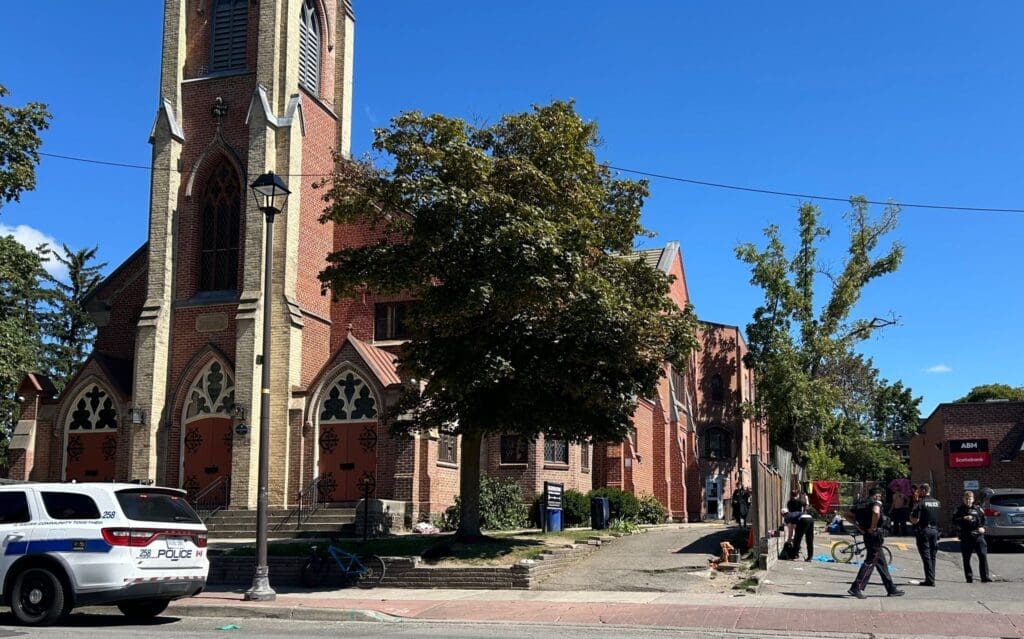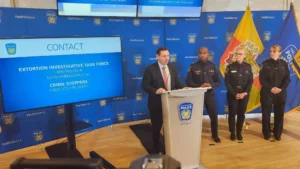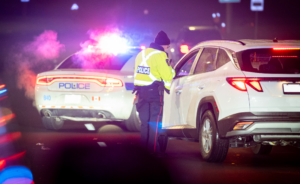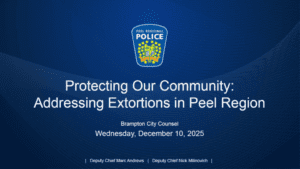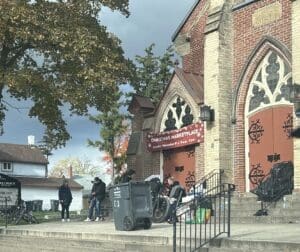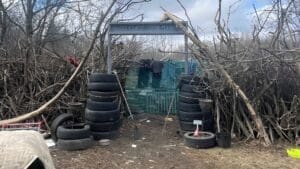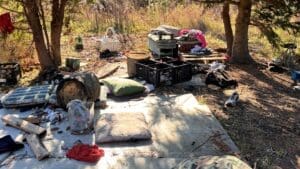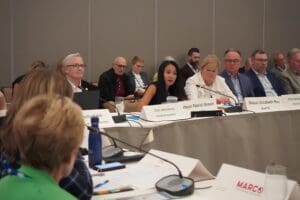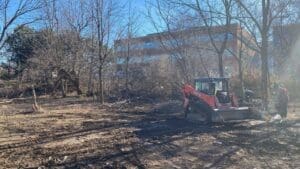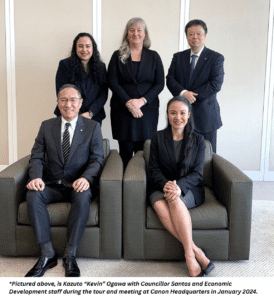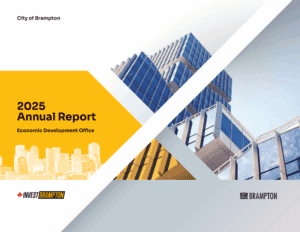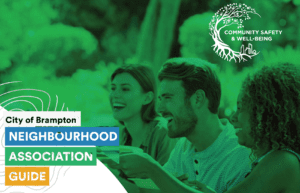For 20 years, Regeneration Outreach has provided essential services to Brampton’s most vulnerable residents. Their work has touched countless lives, and our community is grateful for their contribution.
However, Downtown Brampton is in a time of transition. With new housing development, businesses, childcare centres, and recreation facilities, our city core is becoming a vibrant hub. The amount of people looking for services that Regeneration offers has grown to a point that they are unable to meet the demand leaving many vulnerable persons on the doorstep of Grace United Church when they lock their doors at 3pm.
While we increase investment and advocacy to other orders of government address the needs for housing and support for mental health and addictions, in recent months, my office has heard from many residents and businesses near Grace United Church that they no longer feel safe in their neighborhood. Daily at the corner of Church and Main Street they are faced with excessive garbage and litter, drug trafficking and open drug use, prostitution, theft, vandalism, and violent crimes. This spills over on to adjacent businesses, schools, parks and residential properties.
Escalating over several years, these are not isolated incidents, this is now happening at all hours of the day and night in plain sight. Parents worry about their children witnessing unlawful behavior on the way to school or daycare and business owners question whether they can continue operating amid constant disruption and crime. Residents in adjacent neighborhoods feel they are living under the threat of ongoing victimization and are asking for help.
This challenge is not unique to Brampton. Cities across Canada are also struggling to balance compassion for vulnerable people with the safety and wellbeing of surrounding communities. In Toronto, a downtown condo recently sued a neighbouring church for $2.3 million, alleging that the property had become a hub for drug trafficking and violence despite its mission to support marginalized populations. Situations like these highlight the broader challenge of delivering services to those in need while protecting the safety and livability of the wider community.
Mayor Brown, Councillor Keenan, and I have taken these concerns seriously. Every property owner in our city (business, residential, non-profit organization) must take responsibility for their property and adhere to municipal bylaws. Grace United Church is not being treated any differently than any other property owner in the city. That is why Council passed a motion on July 17, 2025 directing the City Solicitor to formally notify Regeneration Outreach, Grace United Church, and the Region of Peel of these public safety and property issues. The motion called for immediate action to clean up the property and ensure clients did not linger after hours of operation.
To be clear, this is not about turning our backs on people in need. On the contrary, it is about insisting that services for vulnerable residents be delivered in a way that supports them while also respecting the surrounding community. Compassion and accountability must coexist.
Unfortunately, Regeneration’s current operational model does not adequately address the realities of today’s downtown. The program closes its doors in the early afternoon, leaving clients without structured support for the remainder of the day and night. Too often, this leads to loitering, theft, substance abuse in public places, and other illegal behaviors that spill into nearby properties and streets. This isn’t fair to service users, and it isn’t fair to the community.
Other organizations in Brampton have shown that different models are possible. Groups like Knights Table, the Brampton Food Hub, and St. Louise Outreach have developed approaches that integrate more comprehensive, continuous services while minimizing disruption to neighboring communities. These examples demonstrate that it is possible to meet urgent human needs while reducing negative impacts on surrounding areas.
I believe it is imperative that Regeneration look for a sustainable solution for serving our vulnerable population. One that requires flexibility, collaboration and openness to new approaches. Like the Brampton Food Hub, the Region of Peel can help with this as the Province of Ontario is requiring organizations to collaborate if they want to access funding opportunities.
Brampton is at a pivotal moment. With major investments and revitalization underway, we cannot ignore issues that undermine the livability and safety of our downtown. We owe it to everyone, residents, businesses, and those relying on human services, to ensure our city core is both compassionate and secure.
This is why at a recent meeting with representatives from the community, Grace United Church, the police and the City’s legal department the Mayor committed to working with the Church to meet its needs and Regeneration to find an alternative solution that will assist in better service to the community. He stressed the need to work together and act now. We are waiting for a response to this offer from the church.
Brampton is a caring city. We can protect vulnerable residents while also protecting neighborhood safety. These goals are not mutually exclusive, but they do require us all to work together, adapt and when necessary, find new ways to do things differently.
The time to make that change is now.
